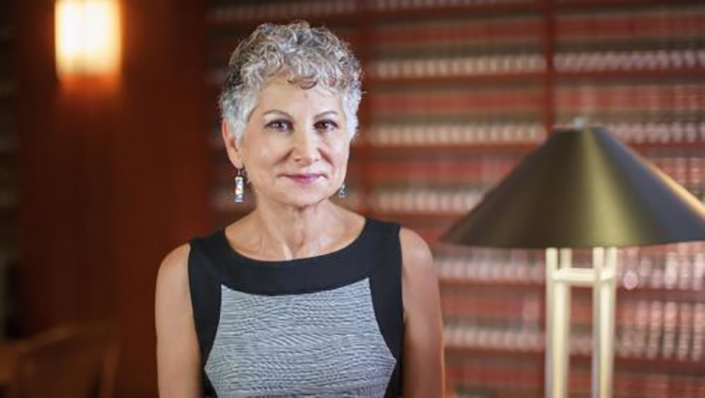Sexual harassment in STEM fields: A&M team to conduct NSF study

Reports of sexual harassment involving high profile scientists and the #MeToo movement have cast a spotlight on the serious problem of sexual harassment in science, technology, engineering and mathematics (STEM) fields, said Susan Fortney, an ethics expert at Texas A&M University School of Law.
To help address the problem, the National Science Foundation (NSF) has turned to Texas A&M, with its considerable statewide system of colleges and extension offices, to conduct a pan-disciplinary study on sexual harassment issues. The project will examine formal systems and informal influences, as well as the culture and climate related to sexual harassment in STEM fields.
Fortney is the principal investigator for the $371,000, two-year NSF project, and her team includes top faculty from the colleges of liberal arts and engineering at Texas A&M. They are Debjyoti Banerjee, professor of both mechanical and petroleum engineering; Kathi Miner, associate professor of industrial-organizational psychology; and Martin Peterson, professor of philosophy and holder of the Bovay professorship in the history and ethics of professional engineering.
While a great deal of attention has been devoted to fashioning a pipeline for underrepresented groups to enter the STEM fields, Fortney describes sexual harassment and discrimination as “leaks in the pipeline” that reduce the gains that have been made.
The Texas A&M research team is taking a comprehensive, multifaceted ethics and social science approach that not only studies improper conduct but also forges tools that organizations can use systematically to communicate standards and detect and handle problems.
Drawing on best practices to prevent and address sexual harassment, the goal of the project is to design a self-assessment tool that universities and colleges across the country can use to evaluate and improve their handling of sexual harassment concerns. The project also will develop an “Ethics of Diversity” module for engineering ethics and other STEM courses. The Texas A&M study will put theory into practice, starting with STEM education, to prevent harassment from occurring in the first place.

